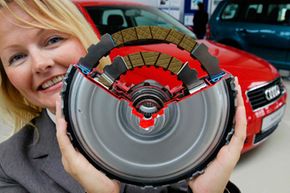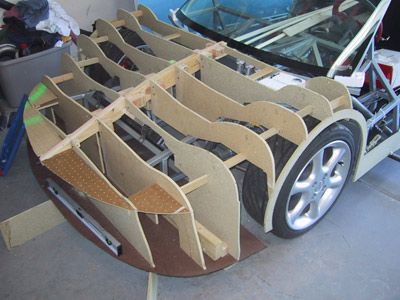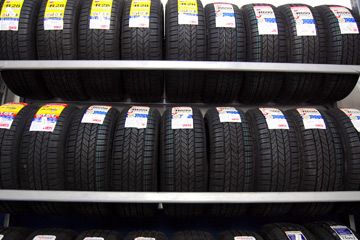Clutches wear out. In fact, it's common for a clutch to be replaced before a car reaches the end of its lifespan. That's because clutches experience a certain amount of wear and tear in the normal course of use. Predicting how long a clutch will last, however, is like solving a complex equation with lots of variables. Any of those variables can make a big difference in how the equation comes out. You'll hear stories about clutches that last more than 100,000 miles (160,934 kilometers) and other stories about clutches that wear out in less than 30,000 (48,280 kilometers).
Auto mechanics at dealerships and private firms, like AAMCO, for example, give differing estimates for the average lifetime of a clutch on an average car such as a Nissan Sentra, some estimating it as low as 20,000 to 50,000 miles (32,187 to 80,467 kilometers) and others estimating it at more than 100,000 miles (160,934 kilometers), but this depends on how carefully you use your clutch. It also depends on how hot the climate is and on the type of car you drive. If you live in a hot climate, the transmission fluid will typically run hot and tend to burn out the parts more quickly.
Advertisement
Jeff Confer, service manager at Lou Fusz Nissan-Mazda in St. Louis, has the most optimistic take on clutch life. Although he's seen clutches die in less than 30,000 miles (48,280 kilometers), he has frequently seen them last longer than 125,000 miles (201,168 kilometers) and even more than 175,000 miles (281,635 kilometers) under proper use.
Basically, the less work you require your clutch to do, the longer it's likely to survive. Assuming you aren't a race car driver who has to make a lot of fancy gear changes in a hurry, or a truck driver hauling heavy rigs over mountain ranges where gravity is going to put a lot of pressure on your transmission, there are a few dos and don'ts that will help your clutch survive.
Don't use the clutch when you don't need to. When you pull up to a traffic light and expect to sit for more than 10 seconds, don't use the clutch as a way of making the car stand still. Instead, take your car out of gear, put your foot on the brake and let your transmission rest in neutral until the light is ready to change. That'll give your clutch a well-needed break instead of keeping constant pressure on it.
Even more importantly, don't ride the clutch pedal as a way of controlling the speed of your car. That's what the accelerator and brakes are for. Yes, you can cause your clutch to slow down and speed up by modulating the pedal between the fully depressed and fully released positions, but this can take years off your clutch's lifetime. In general, you want your clutch pedal either all the way up or all the way down. Don't keep it in the in-between position any longer than you have to.
If you follow these rules, you'll certainly get a 50,000-mile (80,467-kilometer) lifetime out of your clutch and maybe even a full 175,000 miles (281,635 kilometers). It's conceivable that you can get even more than that -- some owners claim they've gotten a great deal more. But if you somehow manage to make a single clutch last for more than 200,000 miles (321,869 kilometers), consider contacting the Guinness Book of World Records. They just might have an opening for you.
For more information about clutches, transmissions and other related topics, follow the links below.
Advertisement



